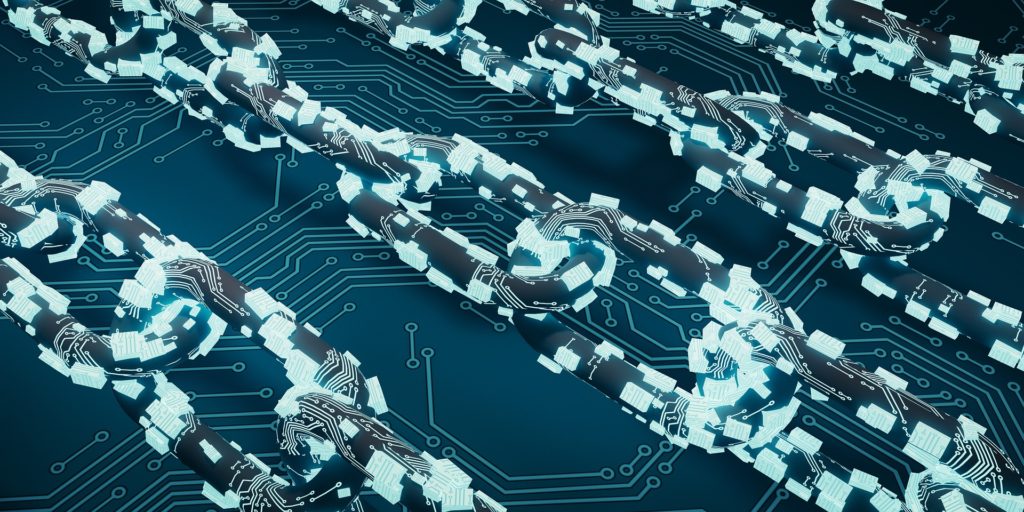Many blockchain-related terms have become internet favourites. From ‘NFTs’, ‘Bitcoin’, ‘Ether’, ‘Crypto’ to ‘Web3’, these terms can be found almost everywhere on social media. However, the Decentralized Autonomous Organization (DAO) appears to be a less understood aspect of blockchain technology. Interestingly, DAOs are a remarkable aspect of blockchain disruption. The reason is that they have the potential to unlock limitless possibilities.
In this article, we will walk you through what DAOs mean, how they work, and why they matter in today’s world.
What are DAOs?
In simple terms, a decentralized autonomous organization (DAO) is an organization that is represented by rules encoded as a transparent computer program. This organization is controlled by its members and not a central authority. In simpler terms, DAOs are internet-based businesses that are collectively owned and managed by their members. In a DAO, unlike a traditional organization or company, control is not vested in a select group. Instead, decisions are made through proposals and voting. This way, every member gets to weigh in.
How do DAOs work?
Smart contracts are the key elements that make DAOs work. The contract defines the organization’s rules and also controls the organization’s treasury. Smart contracts cannot be tampered with or changed by any person, thanks to blockchain technology. Once the smart contract goes live on the blockchain, its rules can only change through voting. Any action that goes against the rules embedded in the smart contract will fail. Similarly, since the smart contract also controls the group’s treasury, no one can spend the organization’s money without the group’s approval.
Why DAOs matter
DAOs could change the way people can organize themselves. Traditionally, starting an organization requires trust. Especially where such an organization involves funding. The effect is seriously limiting because people from different parts of the world may find it difficult to collaborate on projects of a significant scale.
The idea of DAOs changes all of this. With DAOs, people do not need to trust each other to collaborate. Instead, people only need to trust the DAO’s code which is transparent to everyone and cannot be altered.
Traditional problems like embezzlement of funds and abuse of authority are practically non-existent in DAOs. Thus, a lot more opportunities for global collaboration are opened up. DAOs, amongst other things, enable people to collectively manage projects, donate to causes or even invest in assets.
Challenges of DAOs
While DAOs certainly sound like a great idea, they are not perfect. There are a couple of challenges DAOs face. The biggest is legal uncertainty. Currently, DAOs occupy a legal grey area in most jurisdictions. Similarly, there are still many legal questions to be answered concerning operations, taxation, and liability. DAOs must scale these obstacles to become truly mainstream.
Conclusion
DAOs are indeed an excellent innovation that could spur new kinds of collaboration. It would indeed be interesting to observe how these organizations evolve in the coming years. But, regardless of the direction they take, one thing is certain, DAOs will be disruptive to traditional business structures.




























